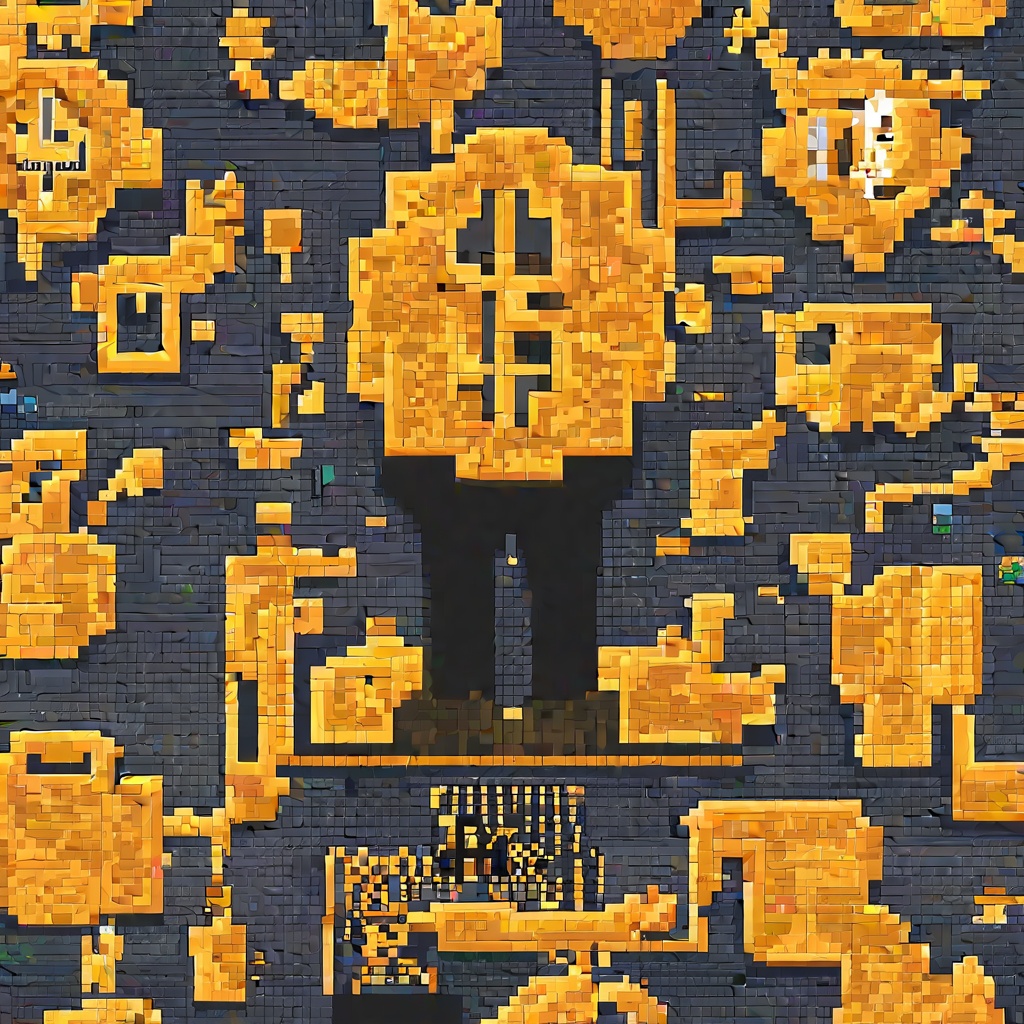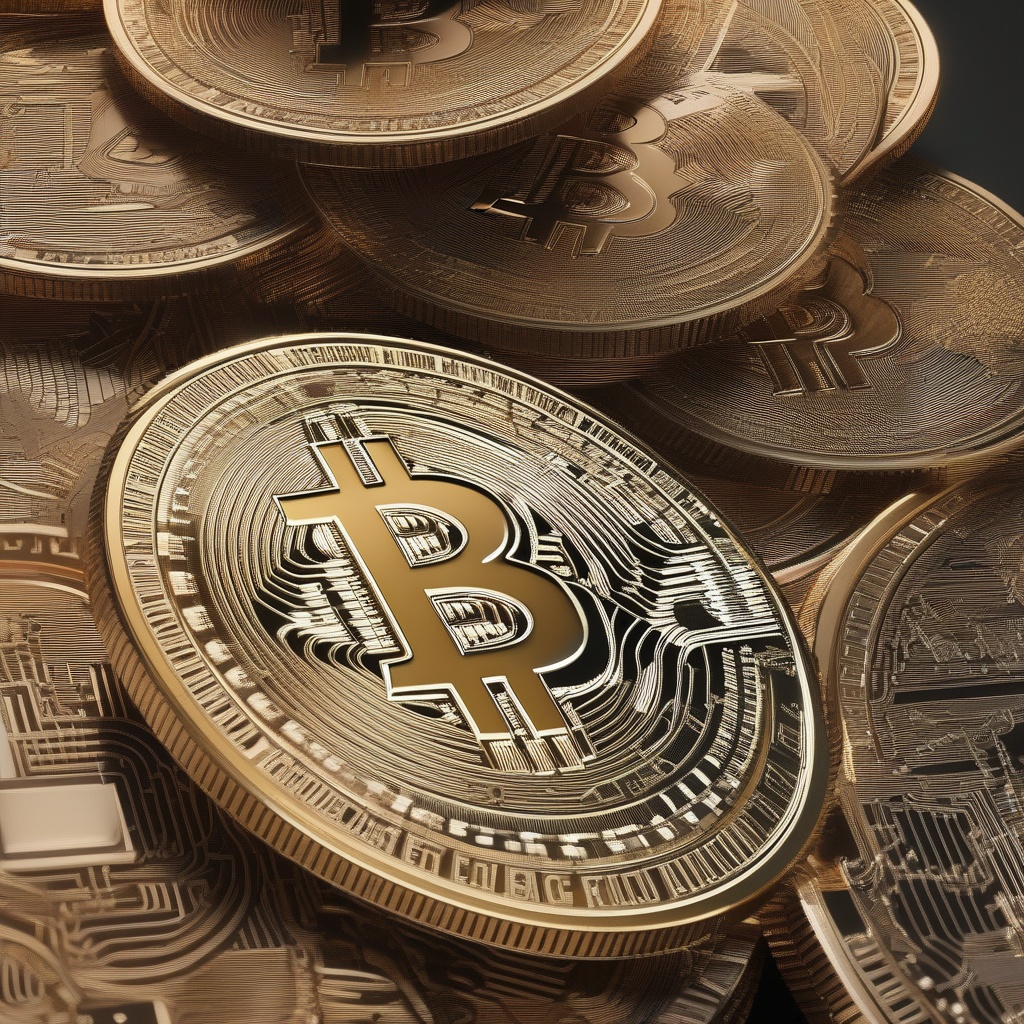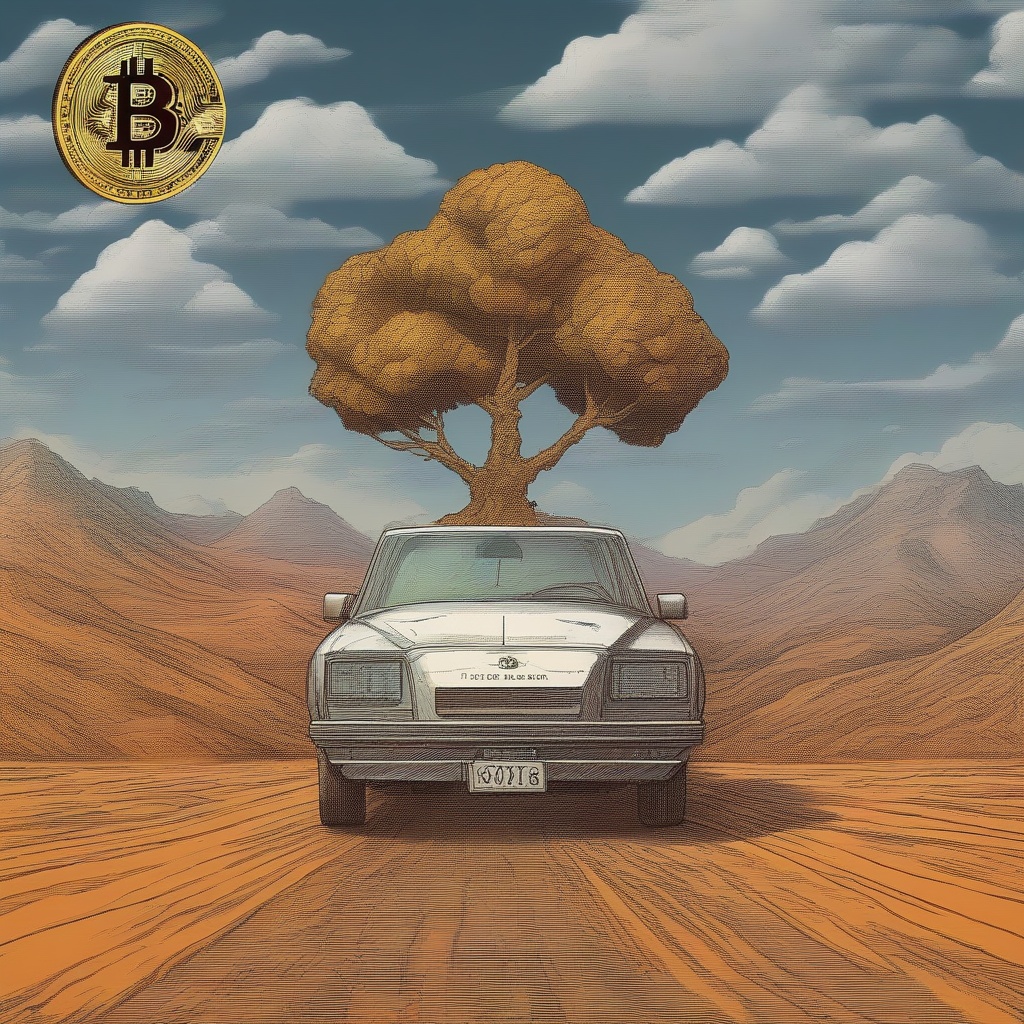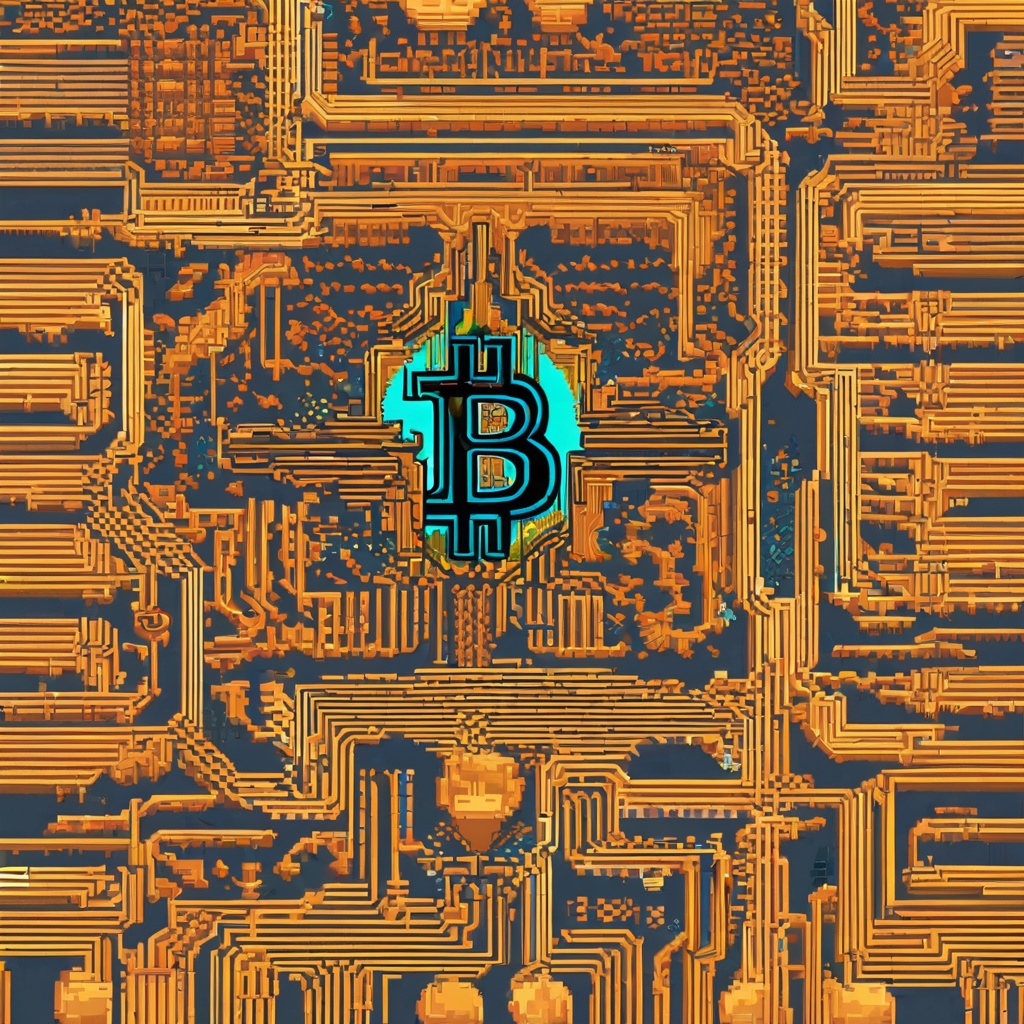What is the most secure way to hold Bitcoin?
I'm looking for the safest method to store my Bitcoin. I want to ensure that my investment is well-protected and secure from any potential risks or threats.

Is CEX.IO secure?
I'm considering using CEX.IO for cryptocurrency trading, but before I do, I want to make sure it's secure. Can anyone tell me if CEX.IO is a SAFE and reliable platform for buying and selling cryptocurrencies?

Is blockchain really secure?
Good day, I'm curious about the security of blockchain technology. Can you elaborate on whether blockchain is indeed secure, and what measures are in place to ensure its safety? Additionally, what potential vulnerabilities or threats does blockchain face, and how are these addressed by the community and developers? Your insights would be greatly appreciated.

Is blockchain.com secure?
I understand that security is a top concern when it comes to cryptocurrency and blockchain technology. So, the question arises, "Is blockchain.com secure?" First off, it's important to note that blockchain.com is a well-known and established player in the cryptocurrency space, with a strong reputation for security and reliability. The platform utilizes advanced encryption and security measures to protect user funds and personal information. However, as with any online service, there is always a risk of cyber attacks or security breaches. It's crucial to stay vigilant and take steps to protect your own account security, such as enabling two-factor authentication and regularly changing your passwords. In addition, it's important to do your own research and read reviews from other users to get a sense of the platform's overall security reputation. Ultimately, the decision to use blockchain.com or any other cryptocurrency platform will depend on your own level of comfort and trust in the service. So, while I can't definitively say that blockchain.com is 100% secure, I can say that it has a strong track record of security and takes measures to protect its users. However, as with any online service, it's important to take steps to protect yourself and stay informed about potential risks.

Is Lykke wallet safe?
Are you concerned about the safety of your cryptocurrency holdings and wondering if the Lykke wallet is a secure option? With the rise of cybercrime and the increasing value of digital assets, it's crucial to choose a reliable and trustworthy wallet. But how can you be sure that Lykke is the right choice for your needs? In this query, we'll delve into the safety features of the Lykke wallet, explore its security protocols, and examine user reviews to help you make an informed decision. So, let's dive in and find out if Lykke wallet truly is a SAFE haven for your digital wealth.

